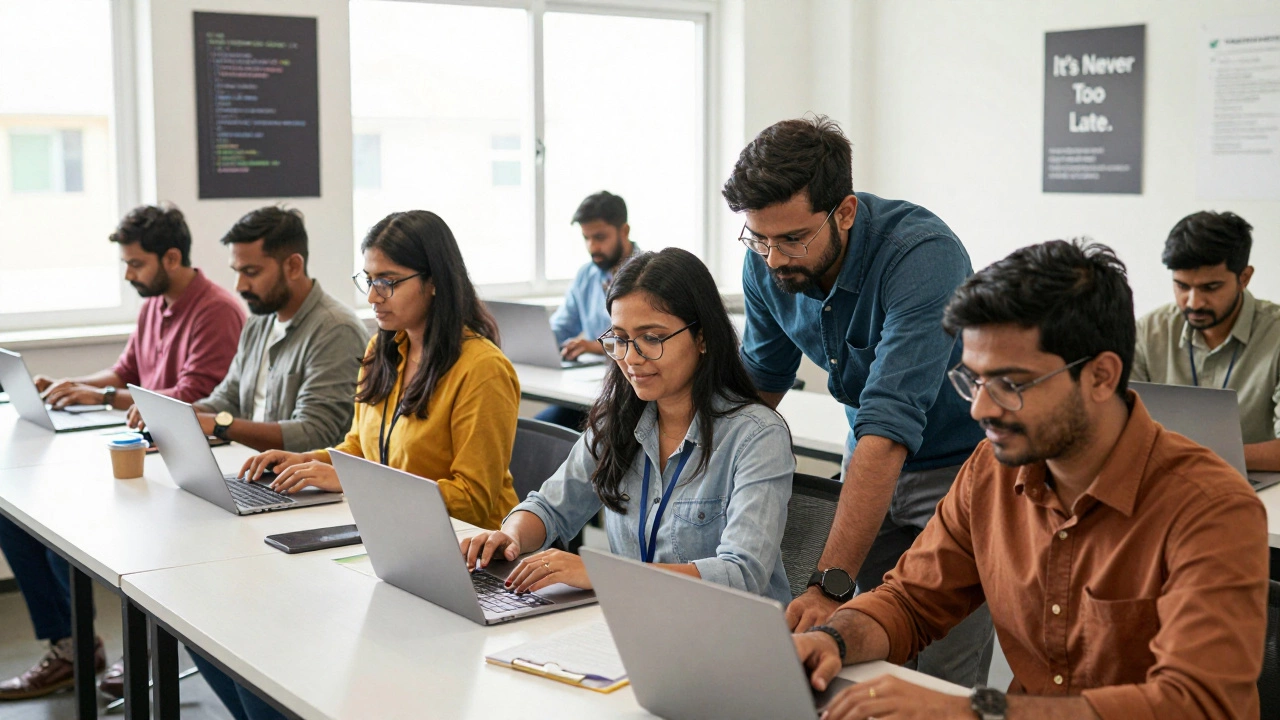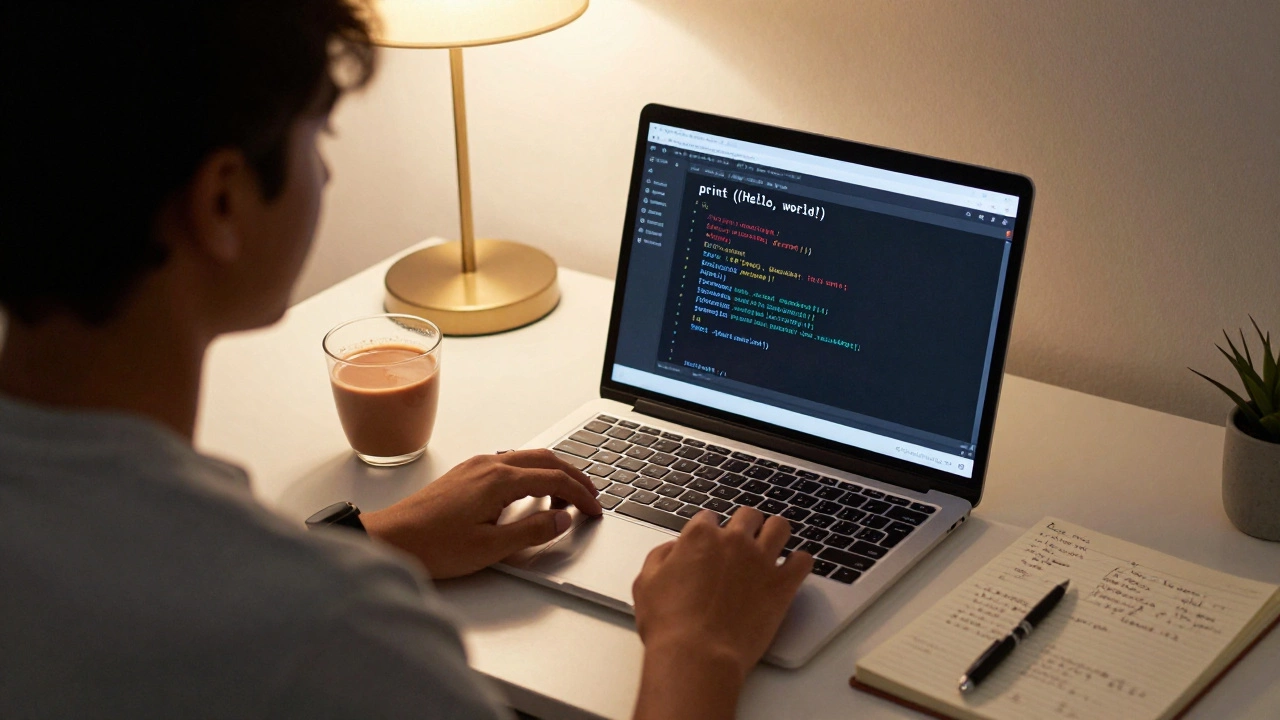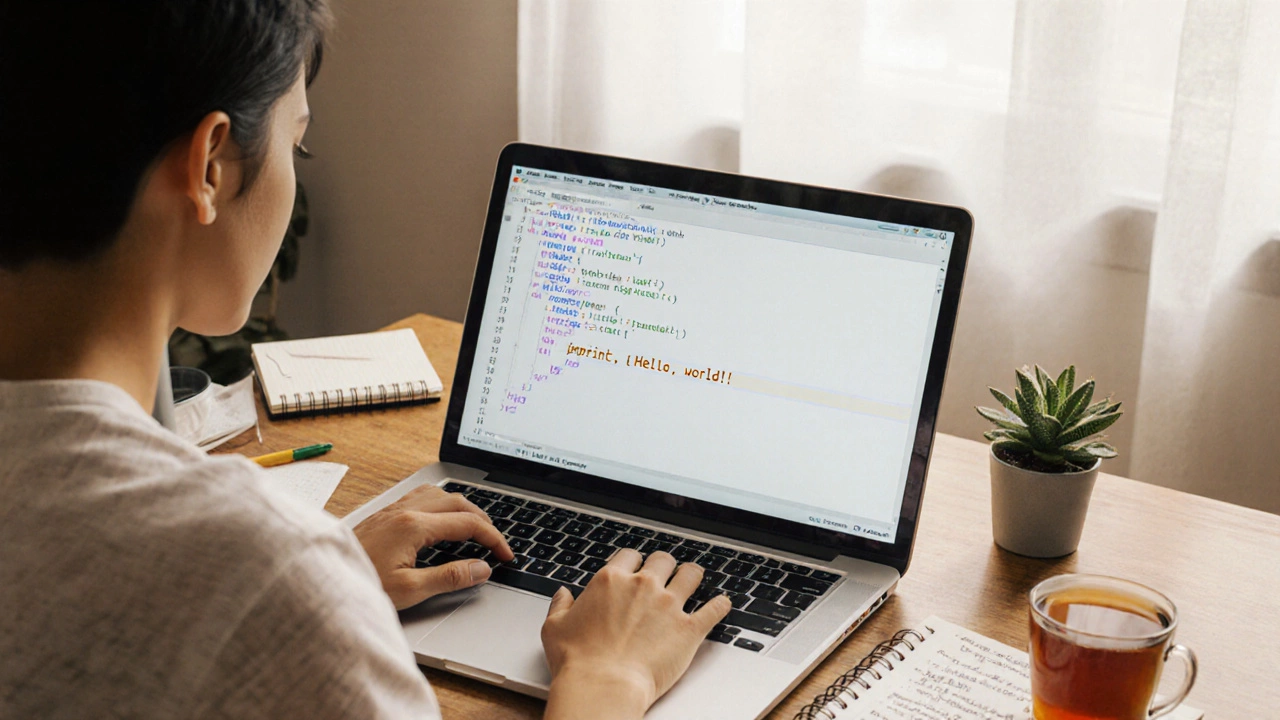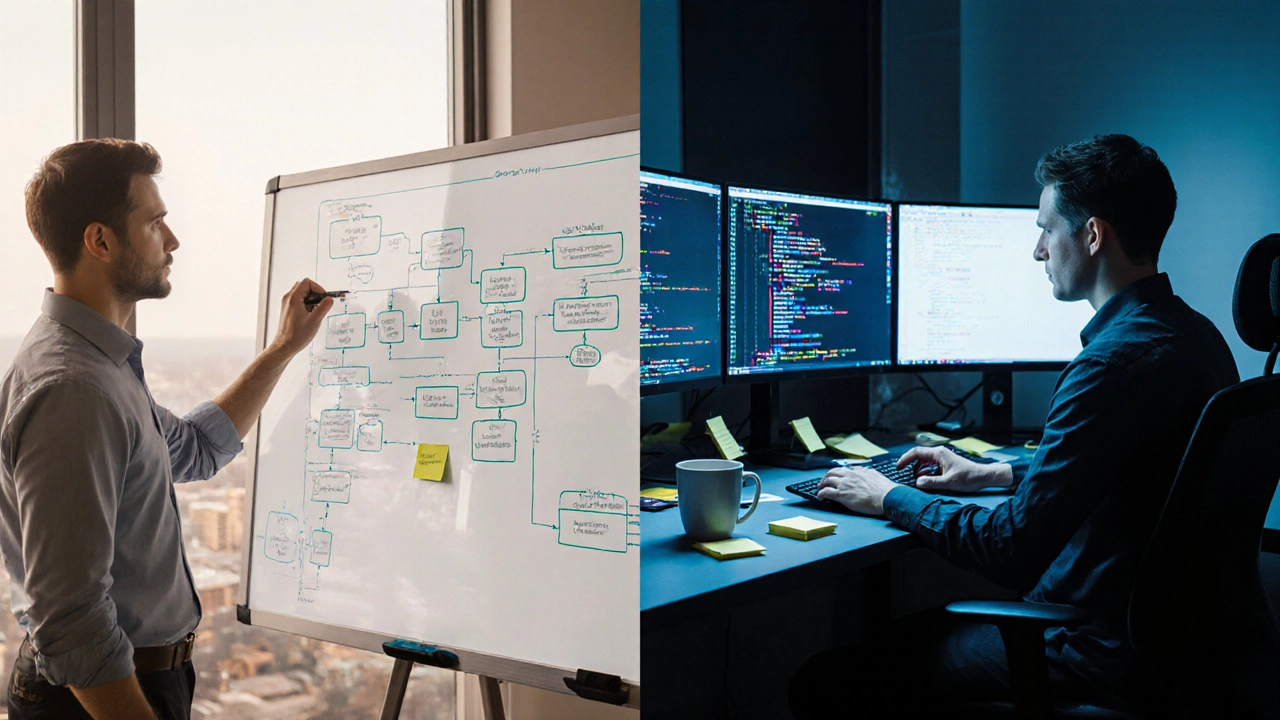Coding Education: How to Start, Save Money, and Keep Going
Thinking about learning to code but not sure where to begin? You’re not alone. Thousands start every year, and most of them wonder the same things: How long will it take? Do I need to spend a lot? Can I start at 35 or older? This guide answers those questions with straight‑up advice you can act on today.
First off, coding isn’t a secret club. All you need is a computer, an internet connection, and a willingness to practice. The biggest hurdle is usually just deciding which resource fits your schedule and wallet.
Pick the Right Learning Path
There are three main ways to learn:
- Free online platforms. Sites like Codecademy, freeCodeCamp, and Coursera offer full tracks without charging a rupee. They cover basics, mini‑projects, and even certifications.
- Paid courses or bootcamps. If you want a structured program and mentorship, look for short‑term bootcamps that promise a job or a portfolio. Prices vary from a few thousand to lakhs, so compare what’s included – career support, real‑world projects, and mentor hours.
- Self‑taught hybrid. Combine free videos, books, and community forums. Set a weekly goal (say, one hour a day) and track progress with a simple spreadsheet.
For most beginners, starting free and moving to a paid option only when you’re confident saves time and money. If you’re over 30, you actually have an edge: you bring life experience and discipline that younger newbies often lack.
Budget‑Friendly Options and Real‑World Tips
Here’s how to keep costs low while still getting quality training:
- Use free resources first. Complete a beginner track on freeCodeCamp – it takes about 300 hours and ends with a portfolio of projects you can show employers.
- Watch out for hidden fees. Some platforms charge for certification or for extra projects. Decide if the credential matters for your goal before paying.
- Borrow or rent hardware. You don’t need a high‑end laptop to start. A mid‑range laptop with 8 GB RAM and a decent processor works for most languages. Check local libraries or campus labs for free access.
- Join coding communities. Discord groups, Reddit threads, and local meetups often share discount codes for paid courses.
- Set a realistic timeline. Most people reach a comfortable level in 3–6 months if they study an hour a day. Faster progress is possible with two‑hour daily sessions, but avoid burnout.
When you feel ready for a deeper dive—say, you want to build a web app or learn data science—consider a short bootcamp that focuses on that niche. Look for alumni success stories and transparent job placement rates.
Remember, coding is a skill you improve by building things. Start with a simple project like a personal website or a basic calculator. Share it on GitHub, ask for feedback, and iterate. That hands‑on practice beats any lecture.
Bottom line: you can learn coding for free, you can learn it at any age, and you can do it without breaking the bank. Pick a path, set a schedule, and start building. Your first line of code is just a click away.
Learn the five fundamental types of code-source, machine, assembly, bytecode, and scripting-and how they work together in programming. Essential for beginners and intermediate coders.
Most coders in India now work from home using simple tools and flexible schedules. Learn how beginners can start remote coding jobs, what tools they use, and the real pros and cons of working remotely in 2025.
The average coder is not a teenager - they're typically in their early 30s. Learn why people of all ages are switching to coding, what employers really look for, and how it's never too late to start.
Learn how to start coding as a beginner with practical steps, free tools, and real project ideas. No experience needed-just curiosity and consistency.
Python is the best coding language for beginners in 2025 because it's simple, powerful, and lets you build real projects fast. Learn how to start, what to build, and where to go next.
Discover if you can truly learn programming at home, the tools you need, a step‑by‑step curriculum, and tips to stay motivated and avoid pitfalls.
Discover real coding class costs, factors that affect pricing, and tips to get the best value. Includes price ranges, hidden fees, financing options, and a handy checklist.
Learn the key differences between programming and coding, from scope and responsibilities to real‑world examples and career tips, in clear, simple language.
Learn how to successfully teach yourself coding with a step‑by‑step plan, resource guide, portfolio tips, and common pitfalls to avoid.
Discover which programming language brings the biggest paycheck in 2025, see salary tables, regional differences, role‑specific pay, and practical steps to boost your earnings.
Is it really possible to master coding for free online in 2025? Discover top platforms, practical tips, and facts to kickstart your programming journey without paying a dime.
Ever wondered how long it really takes to learn coding? Uncover the honest answer, real-life examples, and the best tips to speed up your programming journey right here.











